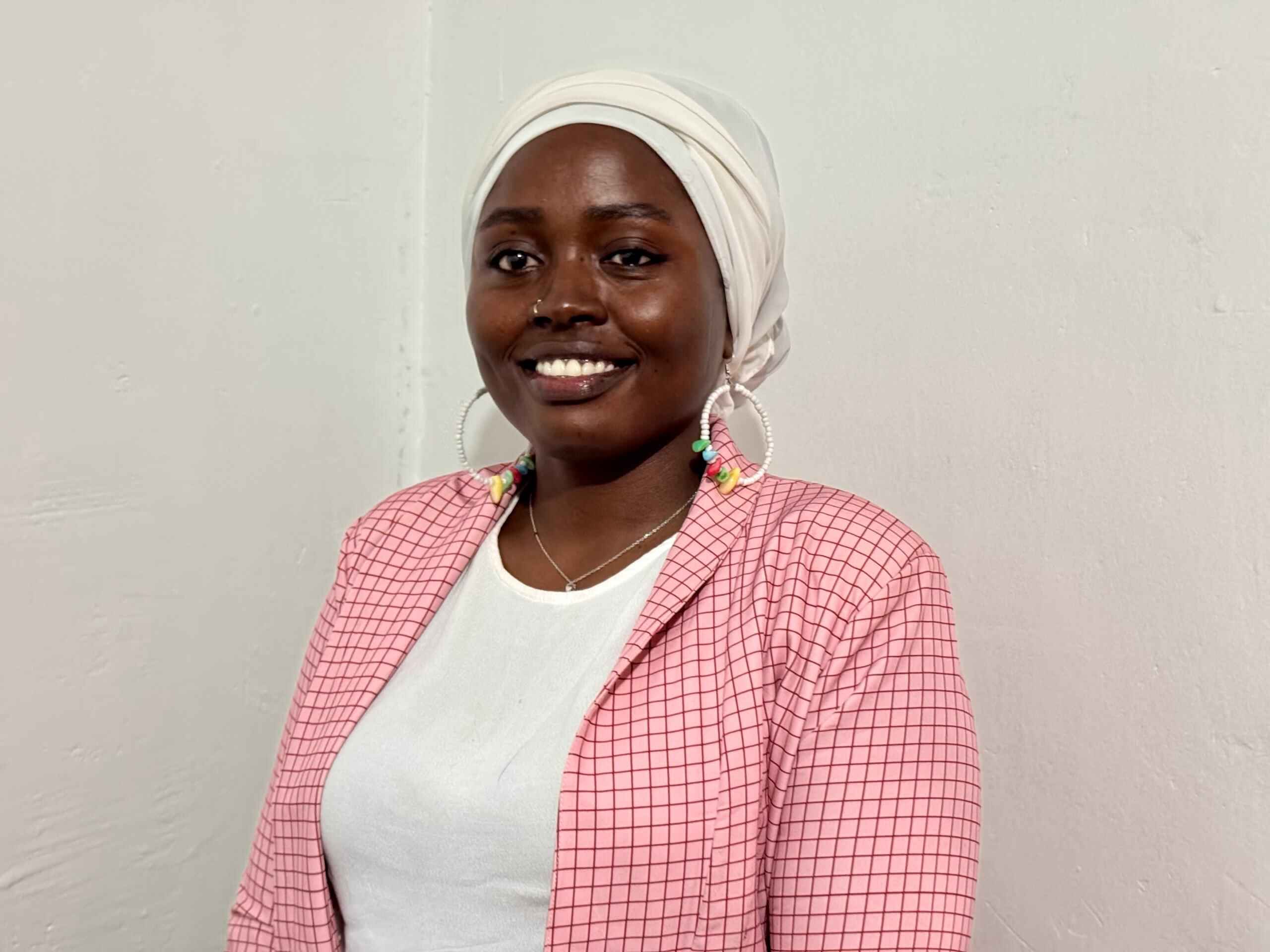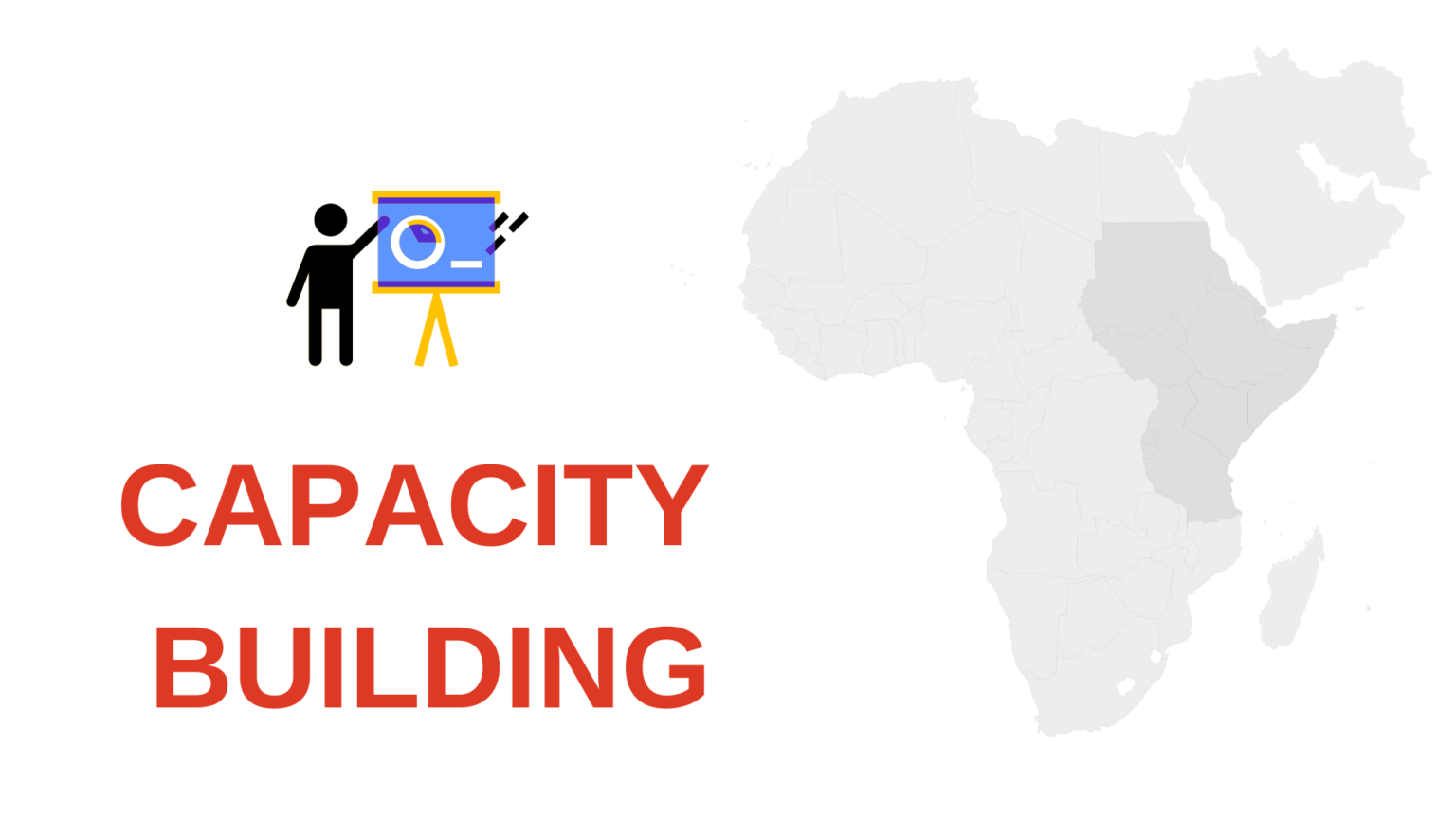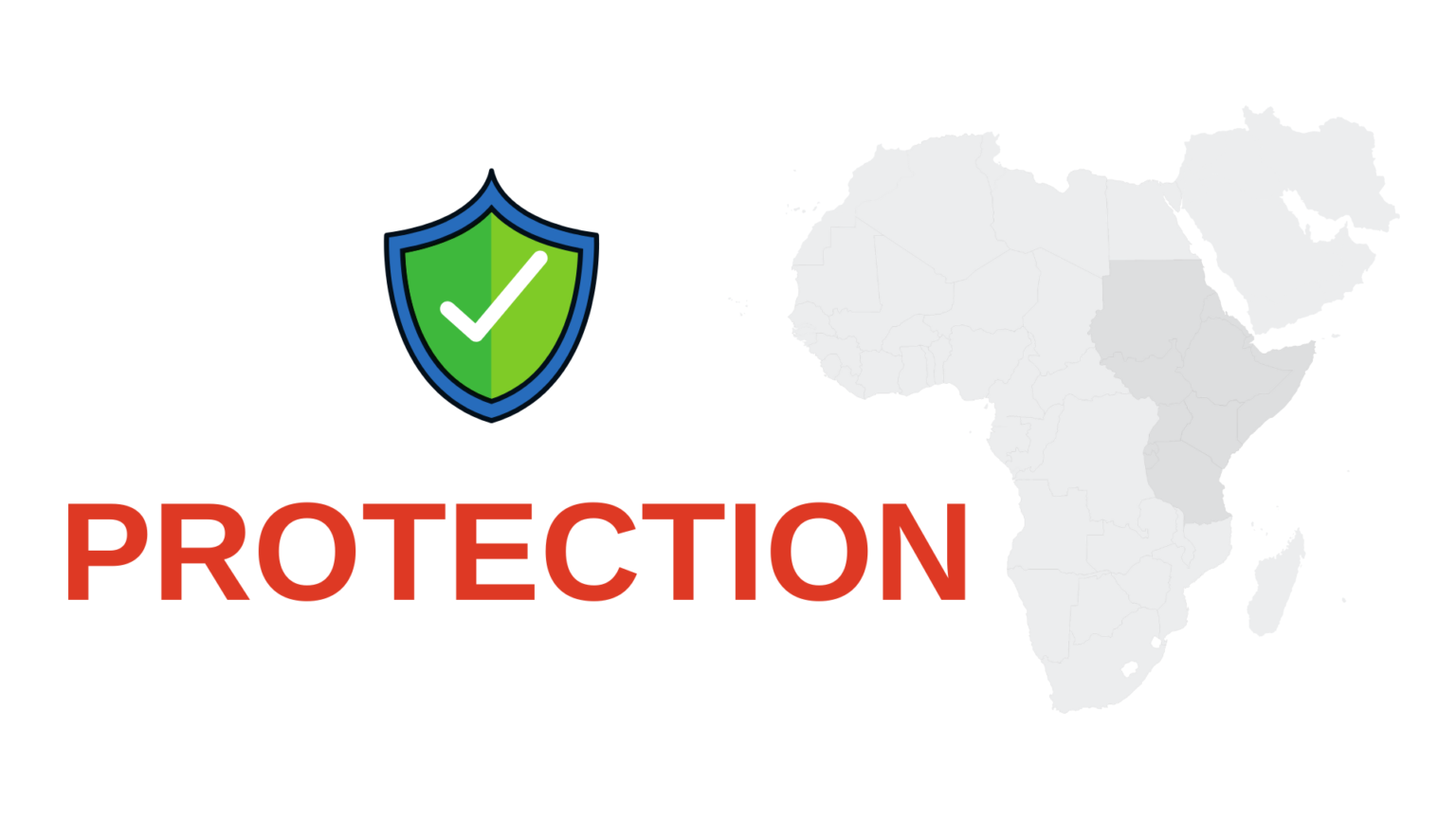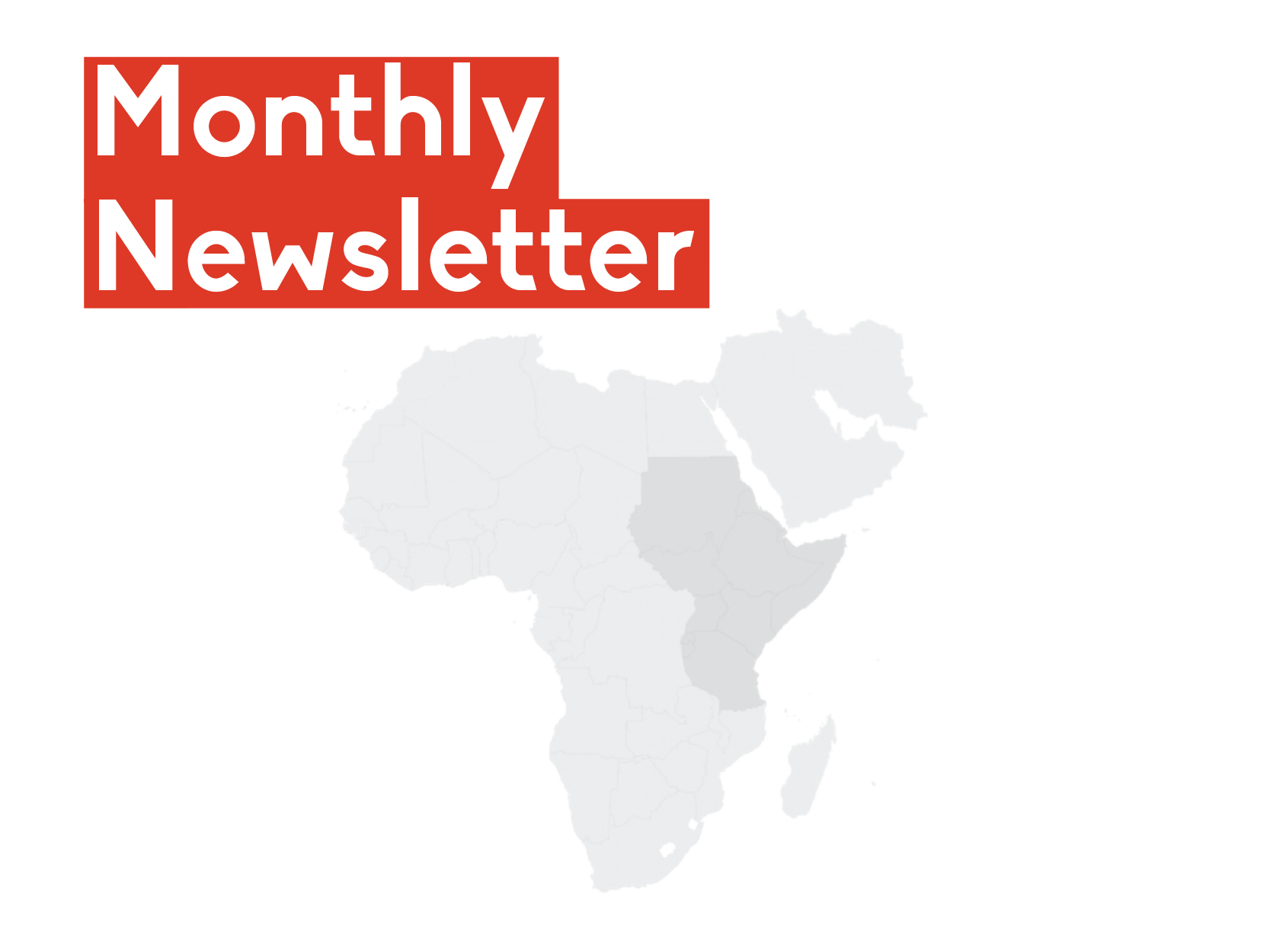Dear Friends,
December holds special significance for DefendDefenders as we joined the global community in commemorating International Human Rights Defenders Day and International Human Rights Day (IHRD), observed on 9 and 10 December, respectively.
This year, we marked the IHRD day with launching our latest report, Rocky Ground and Shifting Sands, which examines the work human rights defenders (HRDs) including journalists in Burundi, South Sudan, Tanzania, and Uganda against the operating environment during election periods. The report sheds light on the immense challenges HRDs face, including restrictions on freedoms and increased threats. It underscores the urgent need for action to ensure that civil society and the media can participate in electoral processes without the risk of violence.
We celebrated International Human Rights Day on 10 December, under the theme—“Our rights, our future, right now”—which serves as a powerful call for reflection on the impact of our work. The theme challenges us to critically assess how we measure success and whether our efforts lead to meaningful solutions for global challenges. Additionally, it encourages us to counter negative stereotypes surrounding human rights work and to mobilize and reinvigorate the global human rights movement. These reflections ensure that our efforts remain focused, impactful, and responsive to the urgent need for change.
As 2024 draws to a close, I reflect with deep gratitude on the progress we’ve made at DefendDefenders and AfricanDefenders. Together, we fostered a safer environment for HRDs, demonstrated resilience in adversity, and provided emergency support while amplifying the voices of those fighting for justice and equality across the continent. While we celebrate these achievements, we remain acutely aware that our work is far from complete.
Your continued partnership is vital as we prepare to tackle the challenges ahead and safeguard the future of HRDs in Africa. I extend my heartfelt appreciation to all our partners who ensure that human rights defenders can carry out their work safely and effectively.
As always, DefendDefenders remains steadfast in its commitment to protecting those who risk their lives for freer civic spaces. I invite you to explore further details of our engagements this month and encourage you to join us as we look to the future with renewed dedication.
I invite you to turn the pages.
Hassan Shire
Executive Director, DefendDefenders
Chairperson, AfricanDefenders
Human Rights Defender of the Month: Somaia Musa Adam Haran

Somaia was born and raised in Dito village in Gereida locality, South Darfur State, Sudan—a community where socio-cultural norms often dictate the lives of young girls. These norms allow parents to marry off girls as young as 10 years old, depriving them of basic rights such as education. At the age of 16, Somaia was married to her 28-year-old cousin, forcing her to drop out of school to focus on her marital obligations.
However, Somaia’s determination to complete her education never wavered. She was deeply inspired by stories related to studying that she heard from her high school friends and longed to return to her studies. Early in her marriage, she began asking for a divorce so she could pursue her education—a request met with strong resistance. For three years, the elders and the village council opposed her decision, warning her, “If we grant you this divorce, it will teach your sisters in the family that divorce is an option.”
At 19, Somaia successfully ended her marriage and set her sights on completing her education. She pursued her studies from secondary school to university and eventually postgraduate studies, relying on scholarships and the support of kind-hearted individuals who helped fund her journey. Without the backing of most of her family members, her path was fraught with challenges, but it was deeply rewarding. Her perseverance was tested by a combination of social barriers and discriminatory state policies that hindered women and girls’ access to education.
This turning point marked the beginning of Somaia’s journey as a human rights defender. Her lived experiences fueled her passion to fight for the rights of girls and women, ensuring they are not forced into the same struggles she faced.
She began her advocacy by championing the rights of marginalised women and girls, focusing on education, ending child marriages, access to information, and promoting women’s participation in politics. In Somaia’s view, a challenging environment like Darfur requires strong advocacy for women’s rights to promote education both as a fundamental right and as a powerful tool for empowerment.
“Completing education for girls is vital because it is the pathway to social, economic, political, and cultural empowerment. Education equips individuals with the tools to participate in diverse spaces, connect issues, understand contexts, and assert their rights.” – Somaia Musa Adam
Somaia is mindful in advocating for the rights of women and girls in a setting where women’s rights are often overlooked or dismissed. In Darfur, she approaches her work with sensitivity, she uses language thoughtfully, framing the importance of educating girls in a way that resonates with the community. Somaia links education to broader, relatable issues such as economic growth, building strong families, successful agriculture, and leading healthy lives, ensuring her advocacy is both impactful and inclusive.
Over the years, Somaia has recognized the power of social media as a tool to advocate for the rights of women and girls, as well as for all Sudanese affected by war and past conflicts. Growing up amid conflict, she has witnessed the devastating impact of war—displacing and ravaging the people of Sudan. She closely follows relevant contexts and creates video content in both Arabic and Zaghawa to ensure her messages reach diverse audiences. Her content is primarily visual, with a strong focus on TikTok, where she has amassed 18,700 followers.
She focuses on interpreting laws such as the Universal Declaration of Human Rights and International Human Rights Law to help her followers understand how these legal frameworks apply to the human rights violations occurring in Sudan. She breaks down these laws, explaining how they protect individuals and how violations of these rights are happening on the ground. Her efforts also include leading awareness campaigns, such as the recently concluded 16 Days of Activism campaign, advocating for the Sustainable Development Goals (SDGs), girls’ education, and the eradication of child marriages.
“Knowing that my content is shared and discussed by large audiences, even in unexpected places like restaurants, is a humbling reminder of the impact and reach of my efforts.” – Somaia
Somaia dreams of a Sudan where women, girls, and men can live freely and peacefully, with every individual able to fully enjoy their rights. Her vision fuels her unwavering commitment to advocacy and education, as she continues to work towards a future where equality, justice, and dignity are not just aspirations but realities for all Sudanese people.
Updates from DefendDefenders

From 2 – 6 December 2024, DefendDefenders-African Defenders organized a five-day KoboToolbox workshop in Ouagadougou, Burkina Faso, for 13 participants (5 females and 8 males) from Burkinabé civil society organizations and the National Independent Human Rights Commission (CNDH). During the workshop, the participants customized all administrative structures of Burkina Faso into the KoboToolbox tool, alongside organizational data collection tools.
From 9–10 December 2024, AfricanDefenders and the Network of African National Human Rights Institutions (NANHRI) convened a regional dialogue in Addis Ababa, bringing together over 100 participants, including representatives from 14 National Human Rights Institutions (NHRIs), human rights defenders (HRDs), international organizations such as Article 19 and the International Center for Not-for-Profit Law (ICNL), Ethiopian civil society organizations, EU delegates to the African Union, diplomatic missions, and the media. The dialogue focused on assessing the work and challenges faced by HRDs across the continent while highlighting key achievements and recommendations made by NHRIs in protecting HRDs. The primary objective was to review and validate a “scorecard” tool designed by NANHRI for NHRIs to monitor, document, and report on civic space and the implementation of the Marrakesh Declaration. Participants provided actionable recommendations to enhance the tool’s effectiveness, with plans for NANHRI to finalize it by the first quarter of 2025.

During the month of December, DefendDefenders received a total of 55 requests for support from human rights defenders (HRDs) at risk. Of these, 25 were approved, benefiting 84 individuals from Burundi (6 requests), the Democratic Republic of Congo (3), Ethiopia (1), Kenya (1), South Sudan (1), Sudan (4), Tanzania (1), and Uganda (8). Additionally, 10 requests were referred to partner organizations based on their specific mandates, while 10 requests were rejected. Finally, 9 requests remain pending and are still under the verification process.
Country Updates:
KENYA
On 26 December 2024, the Kenya National Commission on Human Rights expressed concern over the rising number of abductions of government critics, following the disappearance of four people over the weekend leading up to Christmas Day. This brought the total number of abductions to 82 since the anti-government protests in June. Four social media users were reported missing after sharing AI-generated images of President William Ruto that were deemed offensive by government supporters. The commission warned that Kenya was heading back to the “dark days” of government critics disappearing, a practice that was common under the administration of the late President Daniel Moi. Roselyne Odede, the commission’s chairperson, reminded the National Police Service of its duty to secure Kenyans, noting that these abductions were happening in broad daylight, with some captured-on CCTV, yet no arrests had been made.
On 30 December 2024, opposition politician Senator Okiya Omtatah and several protesters were arrested during street demonstrations in Nairobi, Kenya, demanding an end to the alleged abductions of young government critics. The protesters, including Omtatah, sat down on the streets chanting for the release of seven individuals who had been abducted that month. In response, police fired tear gas canisters, and when the protesters, including Omtatah, refused to disperse and held onto a long chain, they were arrested. Protesters expressed solidarity with the abducted individuals and voiced their fears of living in an increasingly oppressive and intimidating environment.
ETHIOPIA
The Ethiopian Human Rights Council (EHRCO) and the Ethiopian Human Rights Defenders Center (EHRDC) were suspended by the Agency for Civil Society Organizations (ACSO) on December 25, 2024, bringing the total number of suspended civil society organizations since November to five. This follows the earlier suspensions of the Association for Human Rights in Ethiopia (AHRE), the Center for Advancement of Rights and Democracy (CARD), and Lawyers for Human Rights (LHR), with the suspensions of CARD and LHR briefly lifted before being reinstated. ACSO justified the suspensions by alleging impartiality, irresponsibility, activities against national interests, and operating beyond their mandates. Additionally, the Authority cited irregularities in EHRCO’s 2023 financial records. EHRDC has been a prominent reporter on human rights violations, particularly in armed conflict contexts, while EHRCO, licensed for 33 years, was one of the first CSOs established after the fall of the Derg regime.

